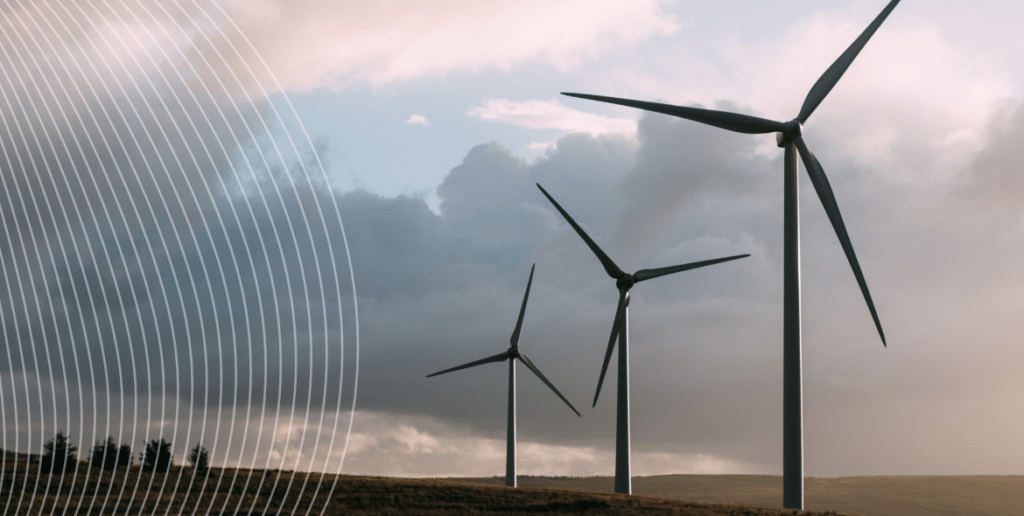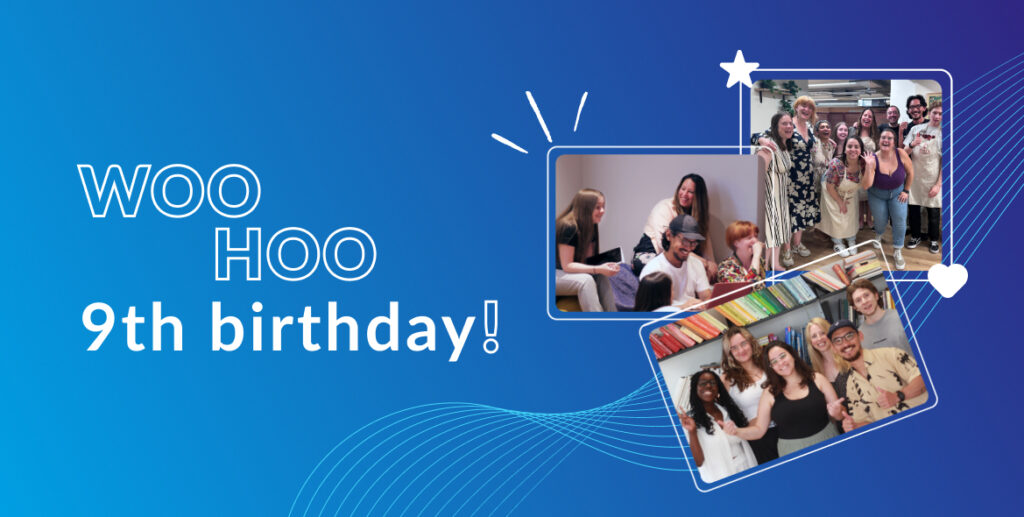Since 2015, we’ve made a name for ourselves as a leading B2B content marketing agency. We’ve spent years servicing tech businesses that offer complex yet high-value solutions, products, and services.
We live and breathe content. It’s part of our DNA.
But this mission wasn’t enough for us.
Like many others, sustainability is an increasingly urgent priority for our future planning. As our team has expanded, our footprint has grown in a number of ways. In 2021, we made the decision to start dedicating time to this – investigating how we can make a difference with the resources we have.
Our reasons:
- We’re a smaller business with no real estate footprint or factories, but that doesn’t mean we can shy away from our responsibility. Even little companies have the power to make a fierce difference.
- The content we’re writing is becoming increasingly shaped by carbon-related conversations – we want the knowledge and experience to back this.
- It’s the face of the future business world – a place we want to be a part of!
“Sustainability should be part of the business strategy of every company, regardless of size, sector, or stage in the life cycle.
We embarked on this journey for a few reasons: we are all obviously keen to do what’s best for the planet, and therefore it’s great for morale to know we are doing something, however small.
And last but not least, I believe that RFIs from large companies will soon include the presentation of green credentials. So it’s good for the planet, good for the people, and good for the top line!”
Anu Ramani, MD of Isoline Communications
Here’s an overview of what we’ve done so far and the lessons we’ve learned along the way.
1. You want to be net zero? Never say never!
In 2021, we embarked on a journey of learning to understand how we can calculate our carbon footprint. Our goal? To become a net zero agency.
Here’s the thing – carbon terminology is constantly evolving. It’s essential to stay on top of the language to understand what these definitions mean. Today, net zero means reducing your emissions to as close to zero as you can get (90-95%) and only offsetting what’s left after that.
For most businesses, this is an impossible task – right now. In the words of the UN, net zero is “one of the greatest challenges humankind has ever faced. […] It calls for nothing less than a complete transformation of how we produce, consume, and move about.”
In other words, society still has some catching up to do. For example, we purchase goods and services from other providers who are also in the early stages of navigating their net zero process. And our employees travel to the office from unwalkable distances at a time when electric cars are still out of budget for most.
It’s not a goal we’re giving up on. For now, we’re working on active reduction and offsetting responsibly.
2. Calculating emissions is quite hard
Part of our mission involved expanding our sustainability knowledge, and this included calculating our own emissions footprint. Nothing prepared us for how difficult it would be.
A few of our personal hurdles:
- Understanding how to report our office emissions when we operate on a hybrid basis in a co-working space (we ended up adding it to our scope 3 spend-based total).
- Asking our team to tell us their commuting habits or their heating usage when working remotely (we now carry out an annual survey which everyone is clued in on).
- Remembering the number of company trips we took in a year, the methods we used, and the distances involved (we now log EVERYTHING).
We don’t regret a thing. These are all valuable lessons that we’ll take with us as we continue tracking.
3. Carbon offsetting is not just planting trees
The resounding message that’s ringing out from the sustainability experts is this: offset responsibly.
Many have invested millions into planting trees to offset their emissions. While this method is crucial for repairing deforestation damage, it’s important to remember that trees take a while to grow – and the world doesn’t have much time to achieve its net zero targets.
Luckily there are plenty of near-term offsetting solutions available that deliver numerous benefits. Investing in renewable energy solutions around the world is a great way to offset your emissions in a measurable way.
Websites such as carbonfootprint.com offer great projects to choose from, and donations are measured by however many tons of CO2 you’d like to offset. If you’d rather go for a business plan, Ecologi provides flexibility according to your size and goals.
Conclusion
Net zero is a collective effort from companies, governments, and organisations. When we work together and share knowledge, we can achieve incredible things.
We have a lot to learn, but we’re sweating at it. We’re so excited to share more about what we’re getting up to on this journey, and we’d love to hear from you about your own experiences!
Get in touch on: hello@isolinecomms.com



